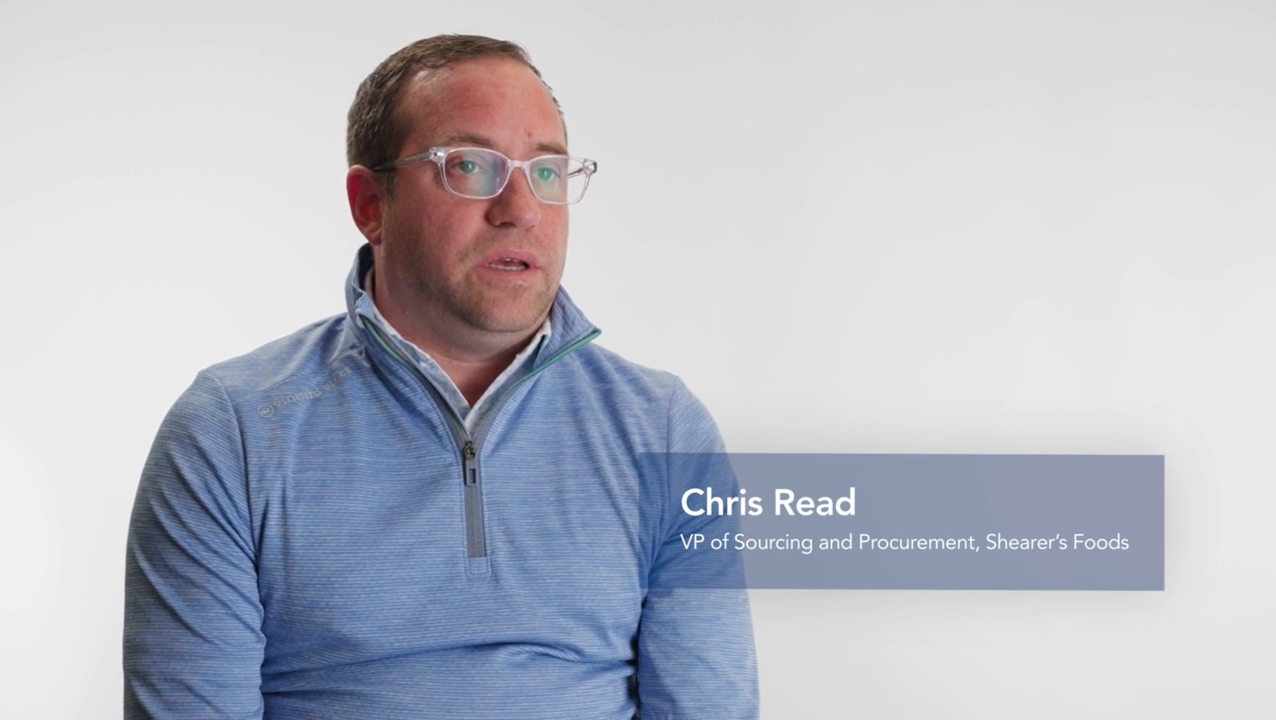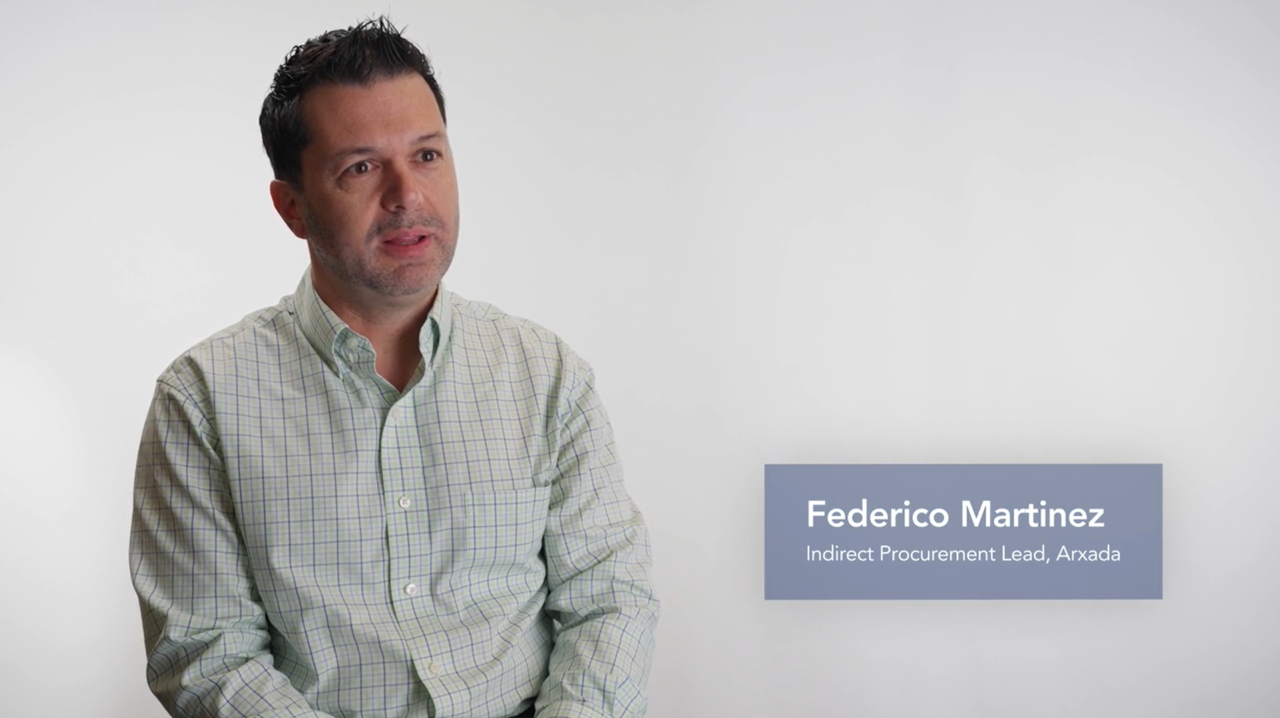Member Overview
As a member of Procure Analytics’ packaging program, Rubicon Bakers (“Rubicon”) leveraged the value-add value-engineering (“VA/VE”) capabilities of the PA team to optimize corrugated spend, both saving money and improving the sustainability of their operations by using less corrugate.

Packaging Challenges
Rubicon specializes in baked goods – cakes, cupcakes and muffins – which use a variety of packaging substrates including clamshells, poly bags, and corrugated boxes. Rubicon uses corrugated boxes to package and ship finished products to their customers, primarily private bakeries and grocery stores. They had a two-fold goal to lower costs and reduce their environmental footprint.
PA’s Approach to Packaging Procurement
PA’s degreed packaging engineers visited Rubicon’s manufacturing location in California to evaluate their processes for making, packing and shipping the corrugated boxes. While the engineers determined that a deeper box would be less expensive and drive process efficiencies, the deeper boxes proved ergonomically challenging to manually fill on the line. The quantity of baked goods per corrugated box were also already optimized to cube out on a pallet and they did not want to add more product to these boxes for weight purposes. So, the initial review confirmed that the dimensions of the current corrugated boxes were appropriate for the application and did not need to be adjusted.
Next, the engineers set out to evaluate the board grades of the current corrugated boxes to determine if they were over or under-engineered for their application. The team used a combination of packaging software and safety factor calculations to assess whether the corrugated board grade could be downgraded for cost savings without losing any protective properties during transportation. The assessment included the following phases:
- Data analysis: Comparing several different board grade options to the existing board grade, the team conducted safety factor and McKee calculations to determine optimal BCT (Box Compression Test) targets. The engineers found that downgrading the board grade on two of the highest volume boxes would not interfere with the integrity during shipment and would also provide great cost savings for Rubicon.
- Savings analysis: The results of the calculations, the proposed board grades, and a price impact analysis were presented to Rubicon. Rubicon approved two of the newly proposed board grades for further testing and a pilot production run.
- Testing and validation: A sample production of the newly proposed boxes was delivered to Rubicon. They conducted a trial run in their plant to validate compatibility with their equipment and a round of compression testing was performed to ensure the boxes would be able to withstand the pallet loads and warehousing conditions. Next, the final step of validating the new boxes was to ship a pallet-load out to a customer and see how it would perform in the real-world transportation environment.
- Implementation: The results of the trial run were successful, so the production of new boxes began and the old boxes were phased out of operations.
Watch the quick video below to see our approach to Packaging & MRO spend management.
Results & Outcomes
This project produced savings for Rubicon of 6% and 9% per box. The total annual dollar savings were approximately $4,000 and $19,800, respectively.
Hear success stories from other PA members.
- CATEGORIES
- Packaging




